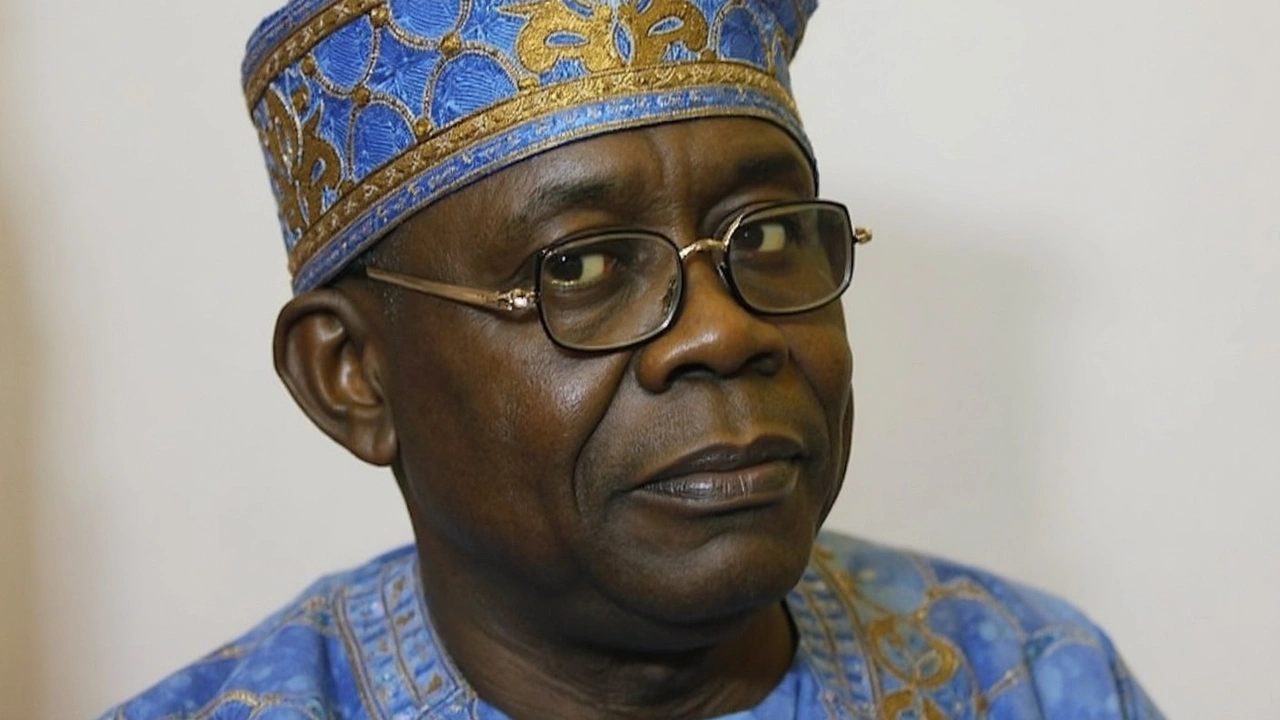Understanding Fuel Subsidy Removal in South Africa
South Africa recently saw major changes with the removal of fuel subsidies, which has everyone talking. But what does this really mean for the average person filling up their tank or running a business? Simply put, fuel subsidies were government payments that kept fuel prices artificially lower, easing the cost for consumers. When these subsidies end, fuel prices tend to rise, which can affect everything from commuting costs to the price of everyday goods.
Why Did the Government Remove Fuel Subsidies?
The main reason is budget pressure. Subsidies cost the government billions every year, money that could be spent on healthcare, education, and infrastructure instead. Also, global oil prices and supply chain issues play a part, making subsidies less effective in controlling prices long-term. Removing subsidies is part of bigger economic reforms aimed at stabilizing the economy and encouraging responsible energy use.
What Are the Effects of Removing Fuel Subsidies?
Let’s be honest – higher fuel prices hit wallets immediately. Transport costs go up, which makes goods pricier since everything needs to be delivered somehow. This can lead to inflation. For businesses that rely on fuel, operating costs increase, and some may pass that on to customers or cut back on services. On the flip side, removing subsidies encourages more efficient fuel use and investment in alternative energy. Over time, it can push South Africa towards a greener economy.
If you’re wondering how to cope, consider carpooling, using public transport, or exploring fuel-efficient vehicles. Staying informed about government plans can also help you anticipate further changes. While the short-term impact can be tough, these changes are steps toward sustainable economic management and energy use. Keep an eye on updates from trusted sources like Caring Updates Today to stay ahead.

President Tinubu's Two-Year Milestone: Major Reforms and Economic Shake-Up in Nigeria
Tinubu's administration celebrates two years with sweeping reforms: fuel subsidy removal, forex market stabilization, and billions in oil investments. Nearly 1.2 million Nigerians gained from social programs, while plans to widen electricity access move ahead. Authorities say 2025 will build on these achievements.